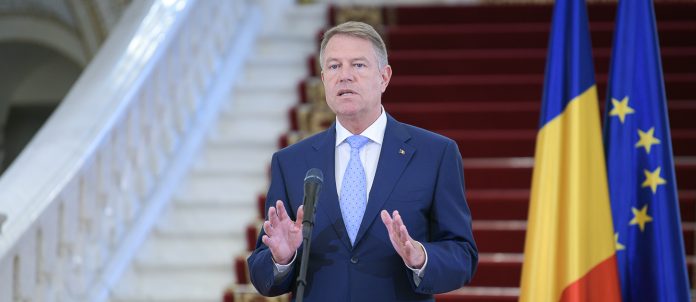Romania’s anti-discrimination council on Wednesday voted to fine President Klaus Iohannis 5,000 lei for comments he made about Romanian politicians plotting to give part of Transylvania to the Hungarians.
The National Council for Combating Discrimination agreed Wednesday that statements made by Iohannis last month on a bill to establish an autonomous area where many ethnic Hungarians live “violated the right of dignity on ethnic and national lines,“ a statement said.
On April 29, Iohannis accused the Social Democrats, Romania’s biggest party, of striking a secret deal with Hungarian leader Viktor Orban to “give Transylvania to the Hungarians.”
The council voted 6-1 that Iohannis had committed the offense and 5-1 to fine him.
The president’s office immediately called Wednesday’s ruling “profoundly political” and said he would contest the ruling and decision in court.
There was an uproar after the comments from Iohannis, known for his pro-European stance, and several days later he clarified that he had no “problem with ethnic Hungarian people…. I have many colleagues who are Hungarian.”
He said his issue was with some Social Democrat politicians who were pushing for autonomy for ethnic Hungarians solely for political gain.
The bill to create an autonomous region initially passed the Chamber of Deputies without debate and the Senate then rejected the law, after critics said it would illegally create “a state within a state” along ethnic lines.
The council ruled on 20 cases of alleged discrimination on Wednesday. Former President Traian Basescu was fined 6,000 lei for disparaging remarks he made about the Roma minority.
Social Democrat lawmaker Nicolae Bacalbasa was also fined Wednesday for using a racist term about the Roma. Deputy Bucharest Mayor Aurelian Badulescu was fined for comments about homosexuals.
The council also ruled that several statements from public officials were protected by the right of free speech.



















